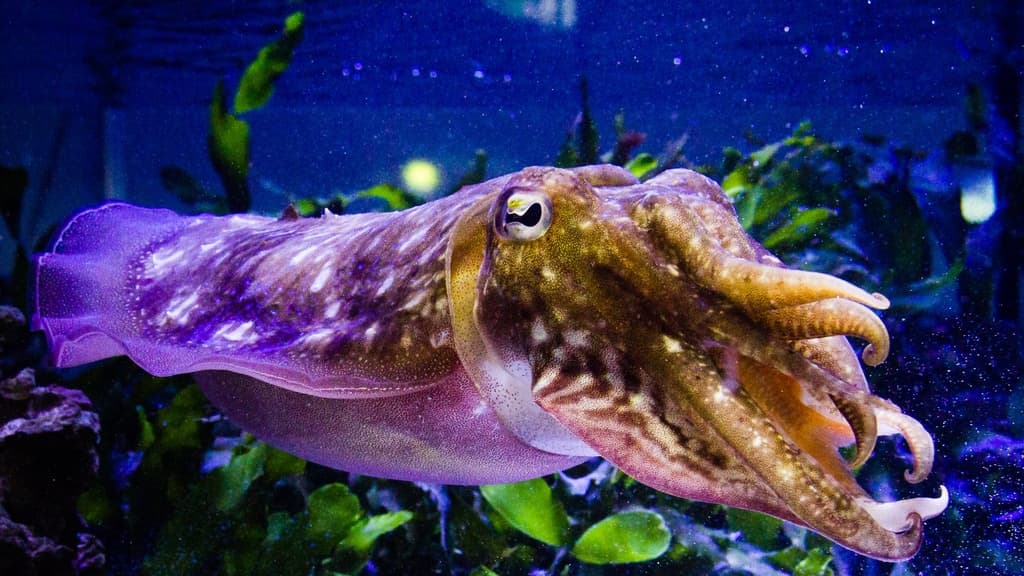Sometimes we remember events completely wrong when our brain creates so-called false memories. Now, a study shows that false memories also occur in certain octopuses.
Animals have different abilities in the area of memory. Among invertebrates, it is primarily the sepia-like octopuses that stand out, as they, as far as we know, are the only animals besides vertebrates that possess episodic memory. They can, in other words, remember what happened to them in the past.
They have gotten their name because they have a hard internal skeleton, sepia, which is sometimes found on beaches and was previously called whalebone. In recent years, they have become very prominent in research circles due to their mental abilities.
False Memory
Episodic memory means reconstructing past events. But it means that different details that belong to an event, such as smells, visual impressions, and sound impressions, must be reconstructed in the right order and in their right context. When this does not happen, but things get mixed up, false memories can be created. They are experienced as just as real as real memories – you can, for example, get the idea that you saw something you didn't see.
In the new study, published in the scientific journal iScience, the researchers, led by biologist Christelle Jozet-Alves at the University of Caen in France, show that sepia octopuses, just like humans, also form false memories in the brain.
Individual Octopuses
The researchers encouraged false memories by showing the octopuses – which were kept in an aquarium – a number of tubes, some empty, others with their favorite food, shrimp, in an order intended to confuse the animals. It turned out that they eventually mixed up the tubes – they chose an empty tube. Apparently, they reconstructed the event in an incorrect way – they had created a false memory.
But this only applied to visual impressions, not to smells. Most striking was perhaps the individual differences. Some of the octopuses were not affected at all by the attempts to confuse them, while others were clearly very sensitive and easily manipulated. The researchers note that the phenomenon is common even among us – some are more susceptible than others.
Octopuses (Cephalopoda) belong to the mollusks and comprise up to 1,000 species spread across the world's oceans. They have long catch arms with suckers to catch fish, shellfish, and other prey. They have a large brain and are good at learning things. Normally, one divides them into three groups: eight-armed octopuses, ten-armed octopuses, and sepia-like octopuses.
Source: National Encyclopedia






